The medical care of southern Iraq will be getting a big boost in a few years, thanks to the opening of the first 4-year Bachelor of Nursing college in Basrah.
The Basrah Provincial Reconstruction Team has been working with the college, whose first class of students started in June, to help ensure its success.
PRTs work with local governments, businesses and civil authorities to help build a self-sufficient Iraq.
Maj. Diane GreenPope, Basrah PRT health advisor and Military Support Element team leader, from the 308th Civil Affairs Brigade, has been visiting the college with the aim of giving the medical staff more training to help bring them up to international standards.
"The goal is more training," said the Syracuse, N.Y., native. "So what we're doing is facilitating that by using medical personnel here at the PRT as well as Contingency Operating Base Basra, to go out and teach at the nursing school."
"We're using professionals - nurses, and doctors - using their expertise to teach and train the nursing students," said GreenPope, who received her bachelor's in nursing in 1996.
Capt. Sue Mosier, 17th Fires Brigade surgeon, from Doylestown Ohio, is one of the professionals who has visited and taught at the college.
Mosier has just completed her residency in pediatrics and is happy to share her education with the nursing students.
"I think it's a great program," Mosier said. "Education is the best thing that we have to offer the students and it's the most important thing to further their development and further their knowledge."
"This is going to be the future of nursing in Iraq and it's very important to provide them the tools necessary to make them successful," she said.
In addition to providing guest lecturers, the PRT has brought supplies to use in practical exercises, including bandages, gauze, airway equipment and linen.
As one of only 7 colleges of nursing in Iraq offering a 4-year degree, the new school in Basrah is an important addition to the area's educational and medical future.
It now has ten instructors, all with extensive medical backgrounds. They have been published in foreign magazines and have authored textbooks in medicine and spent years in the medical field.
The first class has 30 students: 16 women and 14 men.
One goal of the instructors is to standardize instruction material and lab equipment to represent a typical hospital, although most Iraqi hospitals are not standardized or typical as of yet either. They want the students to see what they will have in a hospital as much as is possible in Iraq.
The college has an extensive library that one could expect to see at any school in the U.S., and they are working on getting internet connectivity to the school so that students can connect to the medical community around the world.
"It's a good group of students they have," said GreenPope. "This is a beginning program and I am glad that we are here at the start of it all to help them grow."
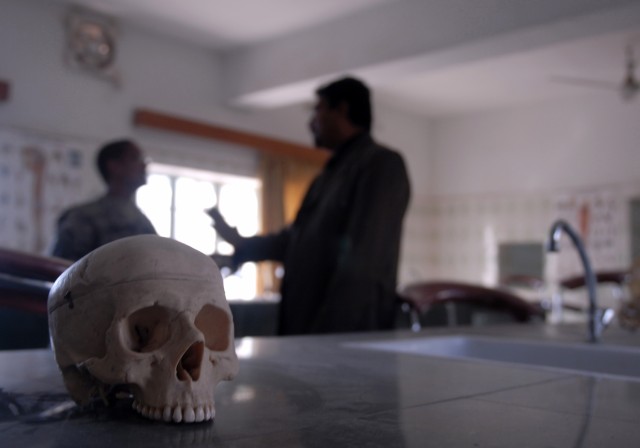
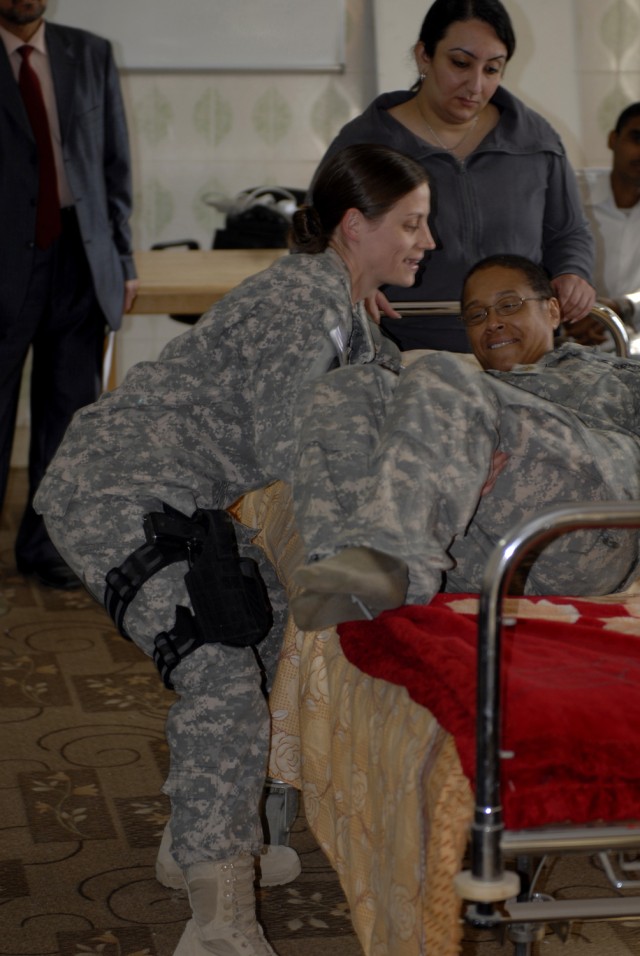
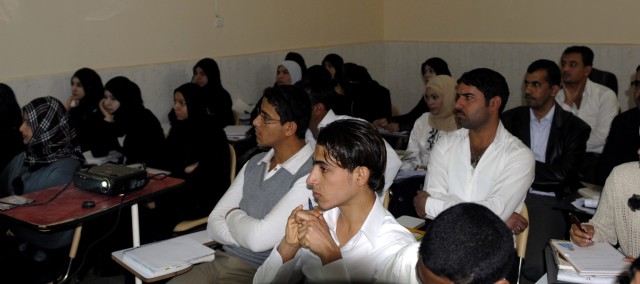
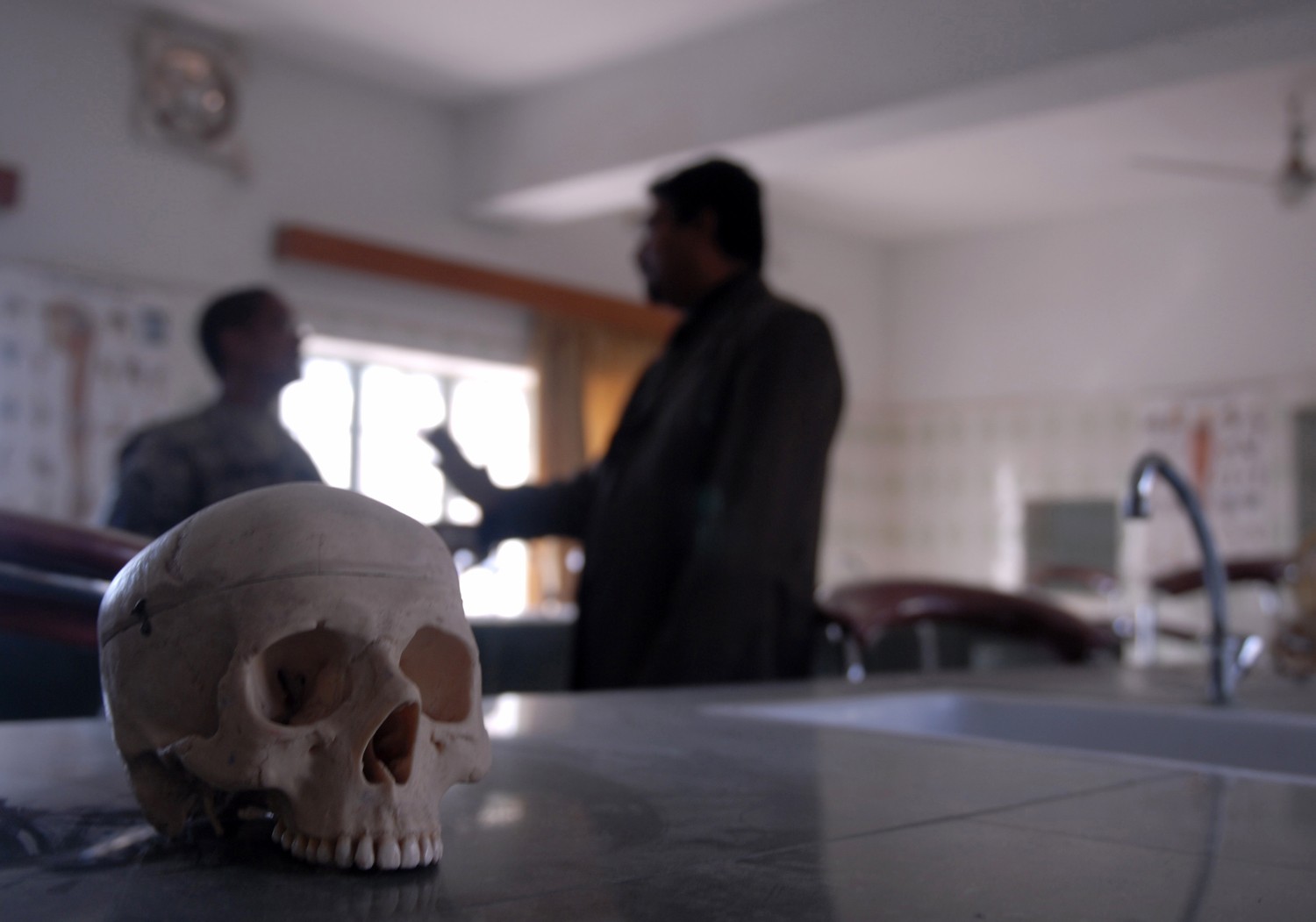
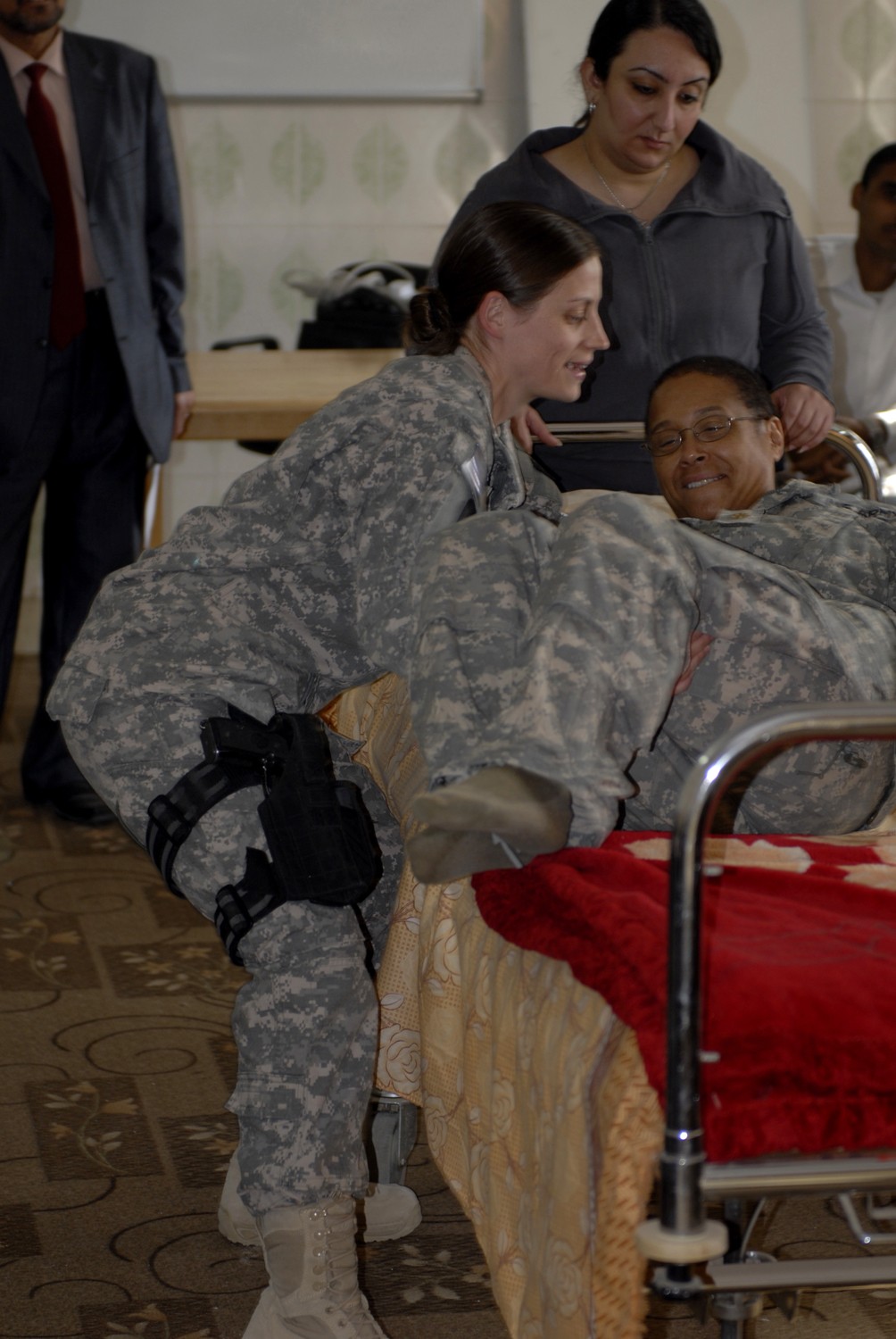
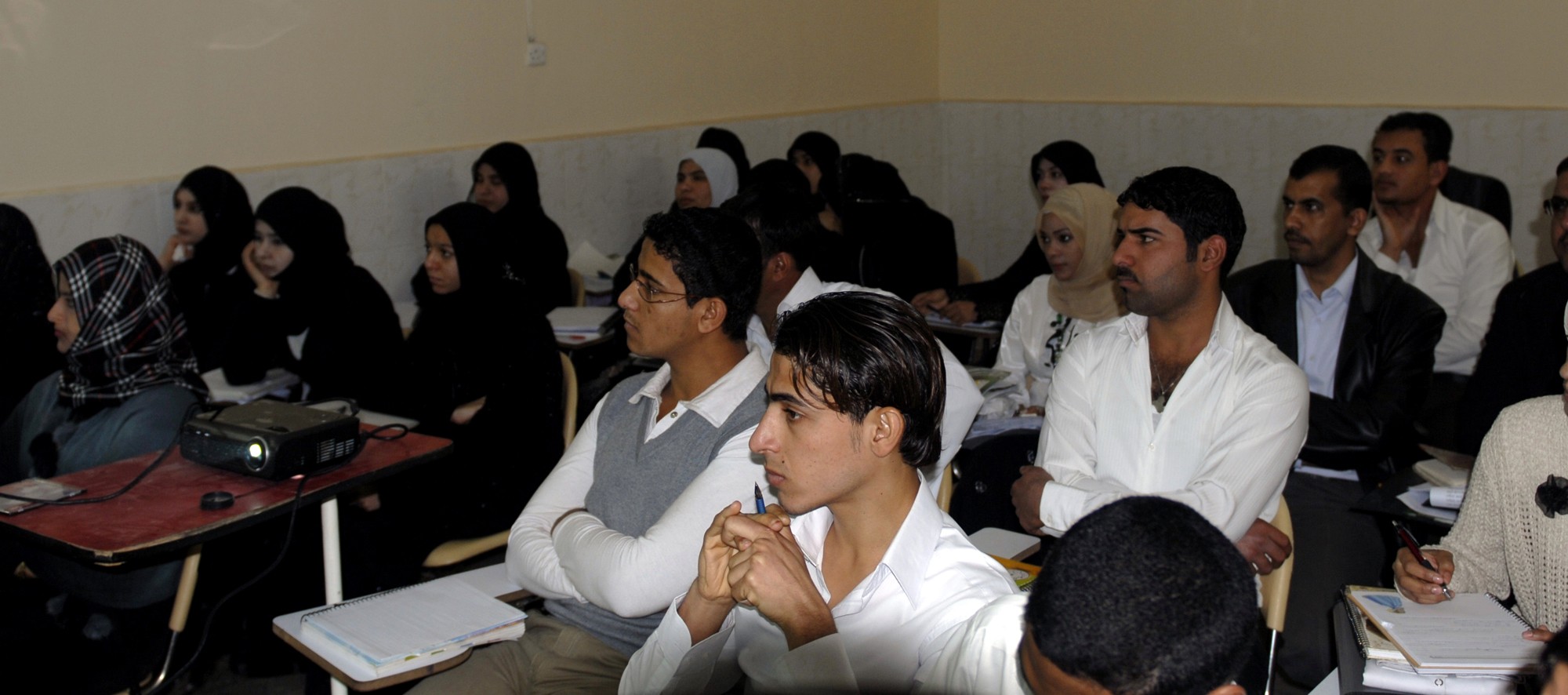
Social Sharing